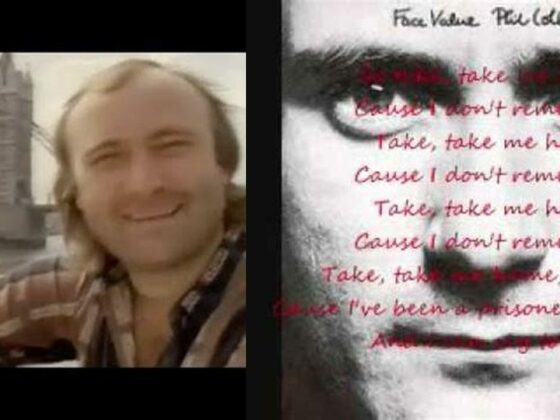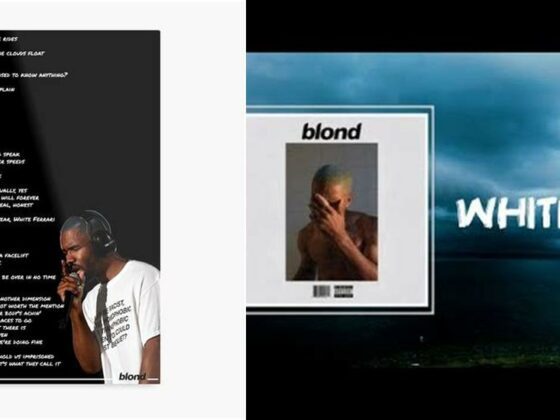Tong Hua Meaning – Tong Hua: A Timeless Ballad of Unrequited Love
Curious about the meaning behind the hauntingly beautiful song “Tong Hua”? Whether you’re a fan of Chinese music or simply love a good love story, this blog post is here to unravel the mystery. Get ready to dive into the depths of this timeless ballad and discover the heartfelt emotions and captivating backstory that make “Tong Hua” a beloved classic. Let’s explore the enchanting world of “Tong Hua” and uncover its hidden meanings together.
Tong Hua: A Timeless Ballad of Unrequited Love
In the vast panorama of music, there exist songs that transcend language barriers, captivating hearts across cultures and generations. One such song is “Tong Hua,” a Mandarin ballad released in 2005 by the talented singer Wang Guang Liang. With its poignant lyrics, powerful melody, and emotionally charged narrative, “Tong Hua” has become an anthem for those who have experienced the complexities of unrequited love.
The Inspiration Behind “Tong Hua”
Wang Guang Liang drew inspiration for “Tong Hua” from his own personal experiences and observations of unrequited love. He wanted to capture the essence of this universal emotion, the longing for a love that may never be fulfilled. The song’s lyrics paint a vivid picture of a one-sided love story, where the protagonist yearns for a fairy tale romance but is confronted with the harsh realities of fate.
The Significance of the Song’s Title
The title “Tong Hua” translates to “Fairy Tale” in English, a deliberate choice that symbolizes the protagonist’s desire for a perfect love story. Fairy tales often portray idealized notions of love, where dreams come true and happily ever afters are guaranteed. By invoking this imagery, Wang Guang Liang highlights the contrast between the protagonist’s aspirations and the challenges they face in their pursuit of love.
Emotions Evoked by “Tong Hua”
The song’s lyrics and melody combine to evoke a potent blend of emotions in listeners. Sadness and nostalgia are predominant, as the protagonist reflects on the lost opportunities and unfulfilled desires of their unrequited love. However, there is also an underlying sense of hope, a glimmer of optimism that perhaps, against all odds, their fairy tale ending might still be possible.
Covers of “Tong Hua”
“Tong Hua” has resonated with listeners worldwide, leading to numerous covers by artists from diverse linguistic backgrounds. These covers have helped introduce the song to new audiences, further solidifying its status as a timeless classic. Some notable covers include the Korean version by Baek Ji Young and the English version by Filipino singer Charice.
Impact on Wang Guang Liang’s Career
The release of “Tong Hua” catapulted Wang Guang Liang to fame, establishing him as a talented singer in the Mandopop industry. The song’s success earned him numerous awards, including Best Song of the Year at the 2006 Golden Melody Awards in Taiwan. “Tong Hua” remains one of Wang Guang Liang’s most iconic songs, a testament to its enduring popularity and emotional resonance.
Cultural References in “Tong Hua”
The lyrics of “Tong Hua” contain subtle references to Chinese culture and traditional fairy tale elements. For example, the line “The moon reflects the shadow of a person wandering alone” evokes imagery of a solitary figure lost in contemplation, a common theme in Chinese literature and art. These cultural references add depth and richness to the song’s narrative, making it relatable to listeners from diverse backgrounds.
Significance of the Song’s Melody
The melody of “Tong Hua” is a key factor in its emotional impact. The song’s slow tempo and gentle piano accompaniment create a melancholic atmosphere, perfectly complementing the poignant lyrics. The melody builds gradually, reaching a crescendo during the chorus, where Wang Guang Liang’s passionate vocals convey the intensity of the protagonist’s emotions.
Impact on Listeners
“Tong Hua” has provided solace and comfort to countless listeners who have experienced similar emotions of unrequited love. The song’s ability to capture the complexities of this universal experience has made it an anthem for those who have faced heartbreak and disappointment. Through its lyrics and melody, “Tong Hua” offers a sense of catharsis, allowing listeners to connect with their own emotions and find solace in the shared experience of unrequited love.
Awards Won by “Tong Hua”
In recognition of its exceptional quality and emotional impact, “Tong Hua” has received numerous awards, including:
- Best Song of the Year at the 2006 Golden Melody Awards in Taiwan
- Top 10 Songs of the Year at the 2006 CCTV-MTV Music Awards
- Most Popular Song at the 2006 Singapore Hit Awards
These accolades further solidified “Tong Hua’s” status as a classic song, transcending time and language barriers.
Music Video for “Tong Hua”
A music video was created for “Tong Hua,” featuring Wang Guang Liang himself. The video tells a visual story that complements the song’s lyrics, depicting a man pining for a love that may never be his. The video’s imagery is simple yet evocative, capturing the emotions of longing and unfulfilled desire.
Significance to the Mandopop Genre
“Tong Hua” is considered an iconic piece in the Mandopop genre, representing the essence and emotional power of Mandarin ballads. The song’s timeless appeal and ability to connect with listeners on a deep level have made it a staple of the Mandopop repertoire. “Tong Hua” continues to inspire and influence a new generation of musicians and singers, solidifying its place as a classic in the history of Chinese popular music.
In conclusion, “Tong Hua” is a timeless ballad that has captured the hearts of listeners worldwide with its poignant lyrics, powerful melody, and emotionally charged narrative. The song’s exploration of unrequited love and its universal themes of longing and hope have resonated with people from diverse backgrounds, making it an enduring classic in the world of music.
Questions & FAQ about Tong Hua Meaning
What inspired Wang Guang Liang to write “Tong Hua”?
Wang Guang Liang drew inspiration for “Tong Hua” from his own personal experiences and observations of unrequited love.
What is the significance of the song’s title “Tong Hua”?
The title “Tong Hua” translates to “Fairy Tale” in English, symbolizing the protagonist’s desire for a perfect love story and highlighting the contrast between aspirations and the challenges faced in the pursuit of love.
Why is “Tong Hua” considered significant in the Mandopop genre?
“Tong Hua” is considered an iconic piece in the Mandopop genre, representing the essence and emotional power of Mandarin ballads, and continues to inspire and influence a new generation of musicians and singers.
What emotions does “Tong Hua” evoke?
The song’s exploration of unrequited love and its universal themes of longing and hope have resonated with people from diverse backgrounds, making it an enduring classic in the world of music.
What are the universal themes explored in “Tong Hua”?
The song explores the universal themes of unrequited love, longing, and hope, resonating with listeners worldwide.
How has “Tong Hua” impacted the world of music?
In conclusion, “Tong Hua” is a timeless ballad that has captured the hearts of listeners worldwide with its poignant lyrics, powerful melody, and emotionally charged narrative, making it an enduring classic in the world of music.


